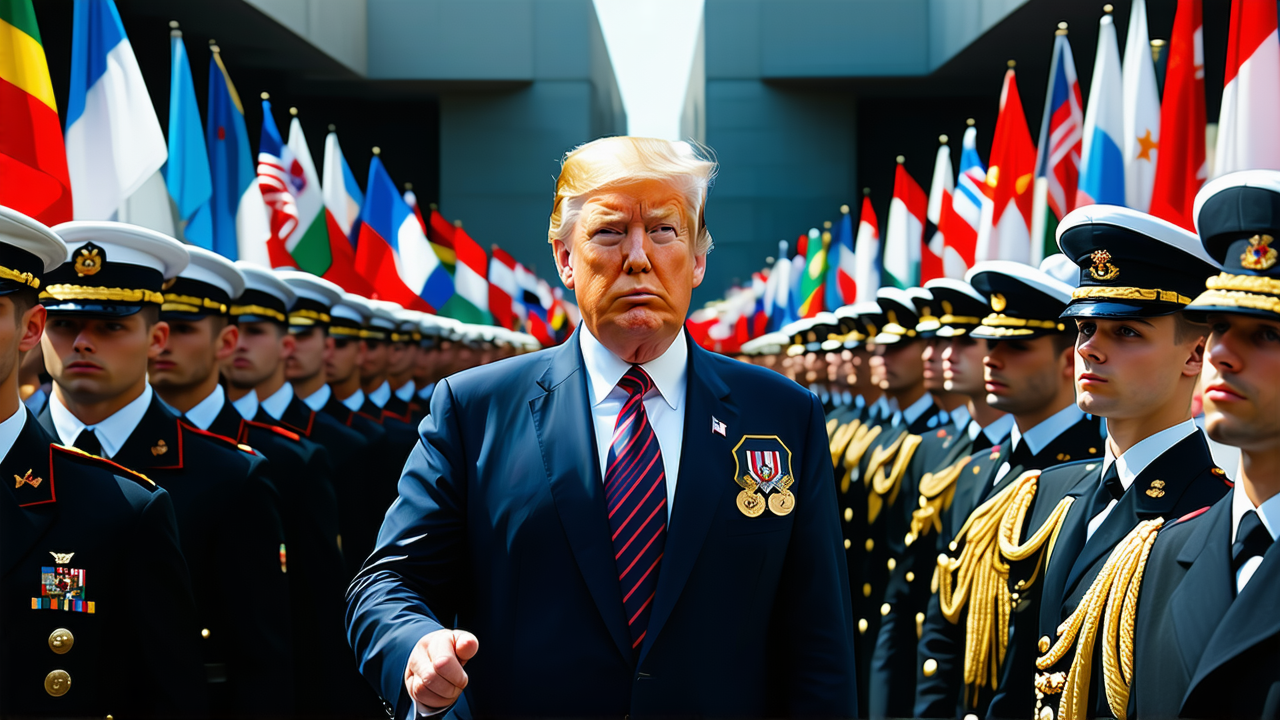New Zealand Defence Minister Criticizes Ex-PMs Over China Parade Attendance
New Zealand's Defense Minister Criticizes Ex-PMs Over Attendance at Chinese Military Parade
New Zealand's Defense Minister, Judith Collins, has publicly criticized two former prime ministers, Sir John Key and Helen Clark, for their attendance at a recent Chinese military parade. The event, which also featured leaders from North Korea, Iran, and Russia, has drawn significant attention from global diplomatic circles and defense analysts.
Collins was on a classified mission in Ukraine, where she met with key officials, including Foreign Minister Andrii Sybiha and Deputy Minister of Defense Oleksandr Kozenko. During these meetings, she discussed potential collaborations in naval drone production, the development of a bilateral security agreement, and New Zealand's possible involvement in the 'Coalition of the Willing'—a group of nations committed to supporting Ukraine in its defense against the Russian invasion.
Speaking on the importance of the ongoing conflict in Ukraine, Collins emphasized its broader implications for the Indo-Pacific region. She noted that China's increasing influence in the Pacific is a growing concern and highlighted Ukraine's leadership in drone technology as a potential model for New Zealand's defense strategy.
Despite these discussions, Collins clarified that New Zealand is not yet a member of the 'Coalition of the Willing.' Any decision on future participation, she said, will be determined by the Cabinet, reflecting the government's careful approach to international commitments.
Collins also voiced strong concerns about the symbolic nature of the Chinese military parade, which she viewed as a challenge to the rules-based international order. She argued that while small nations benefit from this order, powerful states like Russia and China often disregard it. Collins questioned the relevance of Key and Clark's attendance at the event, especially in light of their historically strong trade relationships with China, and reiterated the importance of backing Ukraine's efforts to end the war.
The criticism from Collins underscores the complex geopolitical landscape in which New Zealand operates, balancing its economic ties with China against its strategic interests in supporting Ukraine and maintaining regional stability in the Indo-Pacific.
As the war in Ukraine enters its fourth year, the international community continues to grapple with the implications of the conflict, both in Europe and across the globe. New Zealand's stance, as articulated by Collins, reflects a growing awareness of the interconnectedness of global security and the need for consistent international cooperation.
